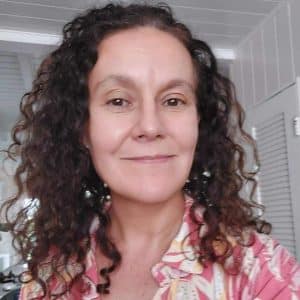We are very excited to share the latest news of the project we are beginning on San Andres Island, Colombia! Stony Coral Tissue Loss Disease (SCTLD) has been decimating coral populations throughout the Caribbean, and we are taking action to find ways to save and restore these populations.
Last year, PIMS and five organizations – three from Colombia (CORALINA, Ecomares NGO and Blue Indigo Foundation) and two from the USA (Gignoux-Wolfshon Lab-University of Massachusetts Lowell and The Ushijima Lab-University of North Carolina Wilmington) – were granted a CORDAP (Coral Research & Development Accelerator Platform) award to develop coral probiotics that can be used to stop SCTLD in infected coral colonies and to boost coral health, survival, and growth on microfragments and coral recruits.
This project, called “Giving Caribbean corals a future: SCTLD and the use of probiotics in coral restoration projects,” will be ongoing for the next three years, and all our fieldwork will be on the Caribbean Island of San Andres (Colombia). We aim to provide an alternative to the current SCTLD treatment, which is the application of antibiotics that are not only costly but can potentially have negative impacts on the reef environment. The probiotic treatments developed will be shared with collaborators working in other coral reef areas in the Caribbean.
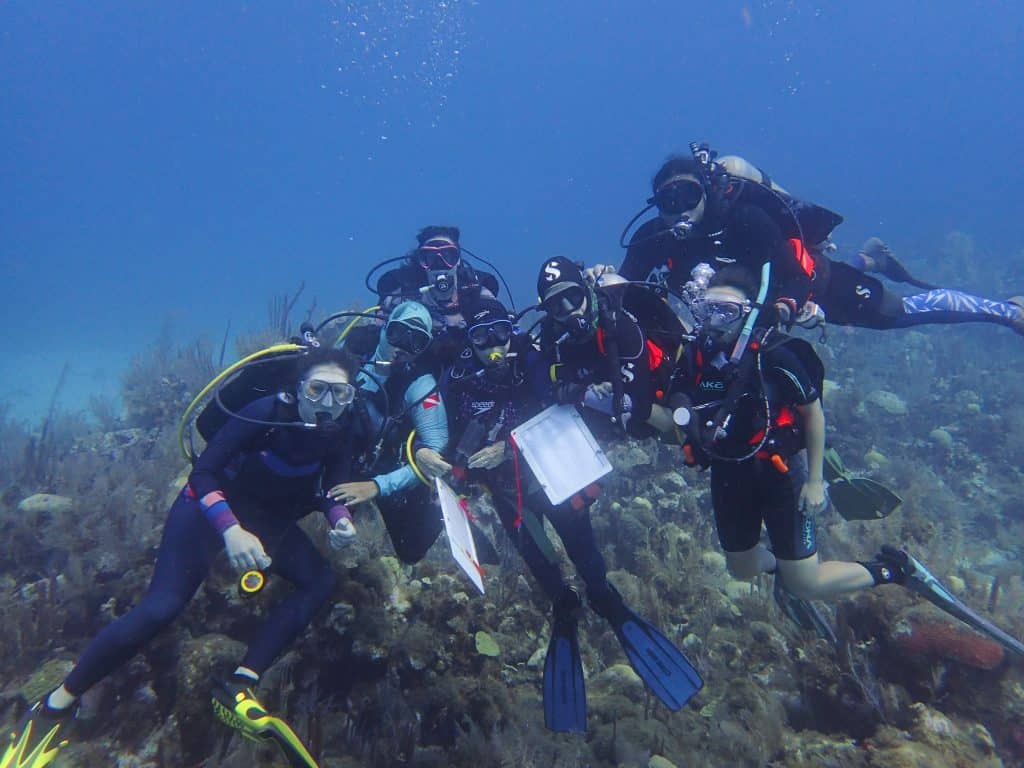
During the last two weeks, PIMS senior scientist and manager of our coral program, Dr. Valeria Pizarro, who is the principal investigator of this project, along with researchers and students from our CORDAP project partners, were collecting the first samples and photos to start this project. Venturing beneath the waves, we conducted dives at six sites, gathering coral microbiome and mucus samples while establishing our first permanent monitoring plots. Through meticulous photomosaics, we aim to monitor coral populations and assess the efficacy of both antibiotics and probiotics.
Dr. Sara Gignoux-Wolfshon and her team will be studying coral microbiomes, including classifying all the microbes associated with corals. Leveraging this knowledge, Dr. Blake Ushijima will spearhead the development of probiotics that will be tested in SCTLD-infected coral colonies (PIMS and CORALINA will lead this activity), as well as in restoration projects using coral microfragments (i.e., coral fragmented into 1 x 1 cm pieces, led by Blue Indigo Foundation) and coral recruits (the first benthic stage of sexually produced corals, also called “coral babies” by non-scientists, led by Ecomares NGO).
At the end of the week, CORALINA hosted a press conference to inform local media about the project and its importance for the island, the archipelago, and the Caribbean. With plans to visit San Andres Island imminently, we eagerly anticipate sharing further updates on our progress.
Together, we’re forging a path towards a brighter, more resilient future for Caribbean coral reefs—one probiotic at a time.
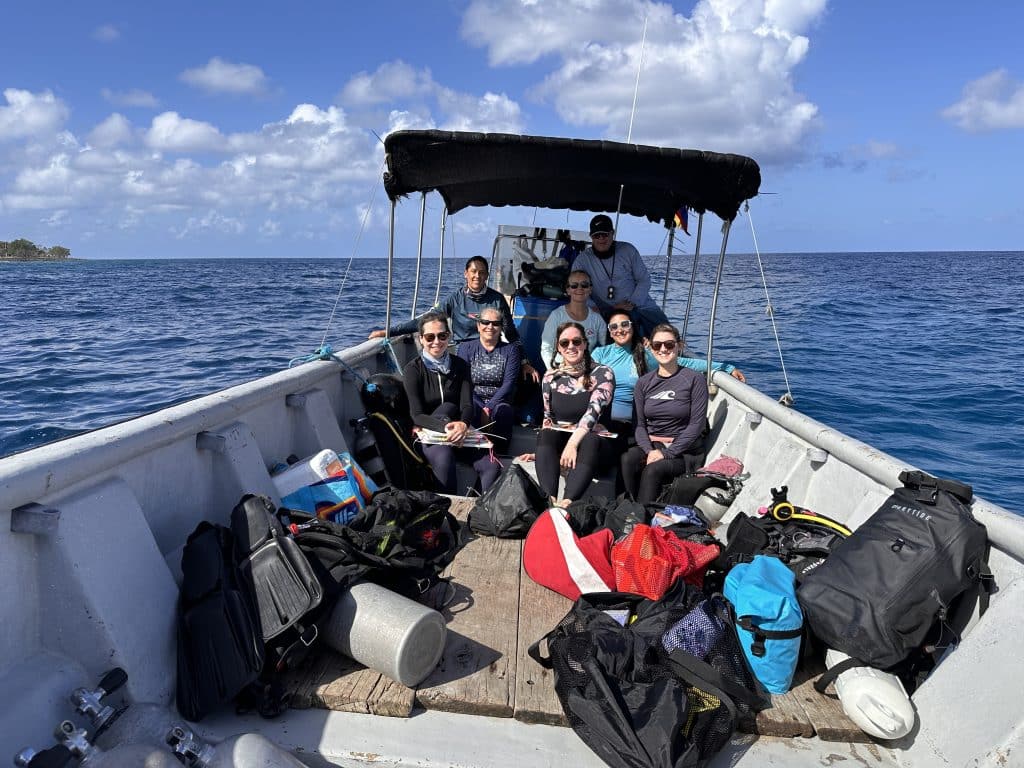
Dive deeper.
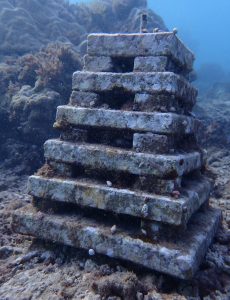
Unveiling Coral Reef Biodiversity: Insights from ARMS Monitoring Structures
An ARM teeming with new coral recruits and a diversity of marine life, highlighting reef recovery and biodiversity Understanding Coral Reef Biodiversity Most new PhDs
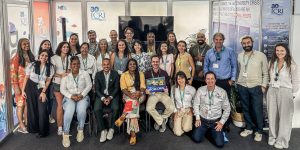
7 Essential Insights from COP16: Tackling Coral Reef Conservation Challenges Amid Climate Change
United #ForCoral: Experts, advocates, and leaders from across the globe join forces at COP16 for the #ForCoral conference, hosted by the International Coral Reef Initiative.
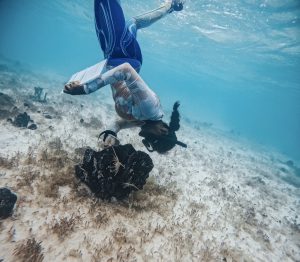
Fieldwork Wrap-Up: Strengthening MPA Management in The Bahamas
Marine protected areas (MPAs) are critical tools in the conservation of marine species and habitats, safeguarding reefs, seagrasses, and mangroves that provide vital ecosystem services
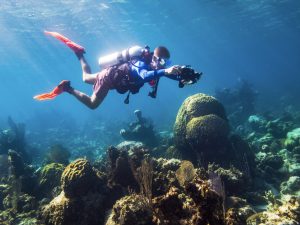
Coral Reef Monitoring with Photogrammetry: A New Era in Reef Health Assessment
Coral reefs are some of the most biodiverse ecosystems on the planet, providing crucial habitat for marine life and protecting coastal regions from erosion. Yet,
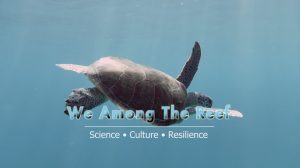
Watch “We Among the Reef:” A Documentary on the Abaco Barrier Reef
The Perry Institute for Marine Science invites you to watch “We Among the Reef,” a compelling documentary that illuminates the significance of the Abaco Barrier

Guardians of the Deep: With Training from PIMS, Key Government Staff Become PADI Certified Divers
Akehia Thompson (DMR), Quetta Gibson (DMR), and Gilles Deal (DEPP) share a moment of camaraderie in their scuba gear, embarking on their training journey with


